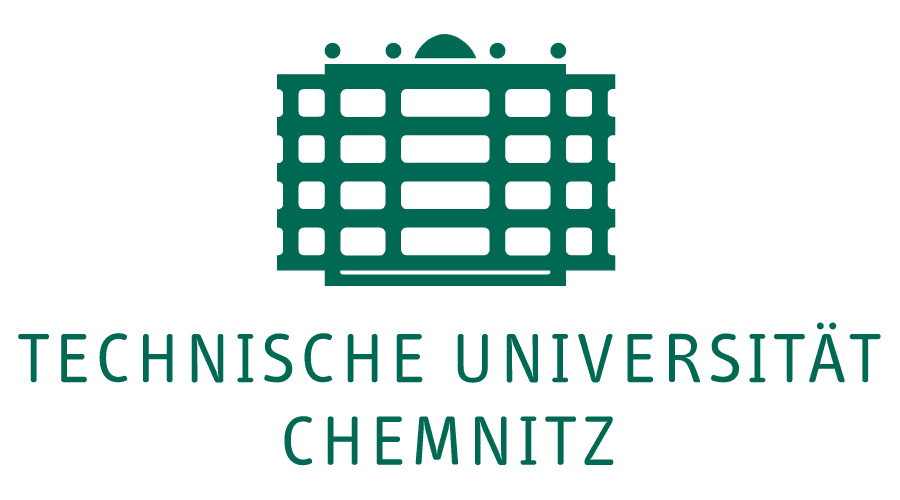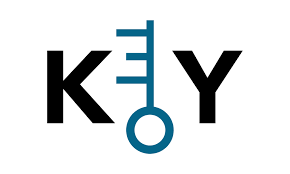International Hellenic University (IHU) - Greece
International Hellenic University was formed by the merging of the International Hellenic University with the Alexander Technological Educational Institute of Thessaloniki (ATEITHE), the Technological Educational Institute of Central Macedonia (TEICM) and the Technological Educational Institute of Eastern Macedonia and Thrace (TEIMTH). IHU is the fourth largest University in Greece and comprises of 7 Schools (Faculties) and 34 Departments. Moreover, there are more than 40 institutionalized research laboratories and the University offers more than 60 postgraduate study programs (22 in English), some of which are cross-curricular or interdisciplinary. There are also many collaborations with universities and research centers in Greece and abroad while memoranda of cooperation have been signed with academic and social bodies, strengthening its position both in the Greek and the European higher education sectors. To fulfil its mission, IHU participates in national and international research and development projects and maintains strong links with industry, universities and technology organizations in Greece and abroad. Both active and past research actions include a number of European frameworks such as HORIZON 2020 and Marie Sklodowska-Curie actions as well as NSRF projects and INTERREG transnational partnerships.
University of Surrey (UOS) - UK
The University of Surrey is a public research university in Guildford, Surrey, United Kingdom. The university is interdisciplinary, with a science and engineering heritage. The university is a major centre for satellite and mobile communications research. Institute of Communication Systems (ICS), formerly known as the Centre for Communication Systems Research (CCSR), is a research centre in the EEE department of the Faculty of Engineering and Physical Sciences (FEPS) at UOS. ICS represents one of the largest European academic research group in mobile communications, networking and services. A major centre for satellite and mobile communications research, the university is in partnership with King's College London and the Dresden University of Technology to develop 5G technology worldwide. The institute has a wide collaboration with industry both within UK and overseas. ICS has also been extensively involved in the execution of EU FP4, 5, 6, 7, H2020 projects in the ICT domain.






